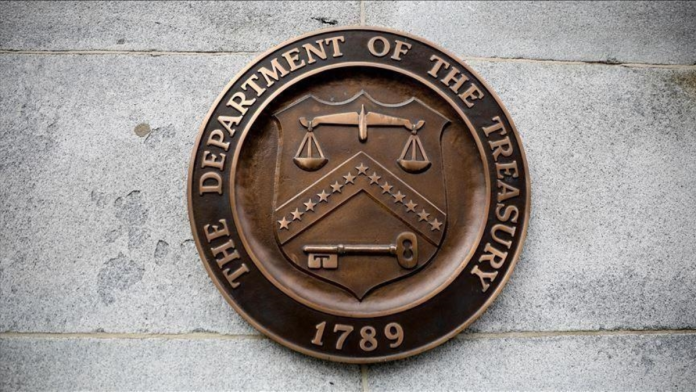The United States Treasury has announced new sanctions against people and companies linked to a secret scheme run by North Korea. The plan involved overseas information technology workers who pretended to be employees of normal companies. These workers used fake identities, stolen documents, and false online profiles. Their goal was to hide who they really were while earning money for the North Korean government.
The money collected by these workers did not stay with them. Instead, most of it was sent back to North Korea. Officials then used it to support programs that build dangerous weapons and missiles. The U.S. government says this directly violates international rules and sanctions already in place.
According to the announcement, some of these IT workers also placed harmful software, known as malware, into company systems. This allowed them to steal private data and in some cases demand ransom. American businesses have been among the main targets of these activities.
The Treasury confirmed that Vitaliy Sergeyevich Andreyev, a Russian national, and Kim Ung Sun, a North Korean trade official based in Russia, played important roles in moving money for the scheme. Both individuals are now subject to sanctions.
Ukraine drone strike damages Kronstadt plant as sanctions and debt expose weaknesses
How the Network Operated
The investigation revealed that the network was spread across several countries. One part of the operation was run through a Chinese company called Shenyang Geumpungri Network Technology Co., Ltd. This business acted as a “front,” which means it looked like a normal company but was secretly controlled by North Korea. Teams of IT workers operated under this cover and earned more than a million dollars in profits for North Korean-linked organizations.
Another company involved is the Korea Sinjin Trading Corporation, which is directly connected to the country’s military leadership. It gave orders on how the overseas IT workers should operate. These instructions helped the network earn large sums of money while staying hidden from international authorities.
The sanctions also revealed a money trail running through Russia. Andreyev was found to be helping move funds for the scheme. He worked with Kim Ung Sun to handle cryptocurrency worth nearly six hundred thousand dollars. That cryptocurrency was later turned into U.S. dollars to make it easier to use.
The U.S. Treasury said these activities provided direct financial support to Chinyong Information Technology Cooperation Company, a North Korean group already under sanctions. Because of this, the people and companies involved are now officially blacklisted.
DSA enforcement by EU officials draws possible Trump administration sanctions
Impact of the Sanctions
With these sanctions, all property and assets of the named individuals and companies in the United States are now blocked. This means they cannot use or access anything they own that falls under U.S. authority. American citizens and businesses are also banned from making any transactions with them.
The rules go even further. If a company or person owns at least half of another business, that business can also be blocked automatically. This prevents sanctioned people from simply moving money through new companies.
The announcement also serves as a warning to financial institutions around the world. Any bank or organization that knowingly works with Andreyev, Kim Ung Sun, Shenyang Geumpungri, or Korea Sinjin Trading Corporation risks facing restrictions themselves. These restrictions could make it very hard for them to continue business with the U.S.
The Treasury Department reminded everyone that breaking these rules could lead to serious consequences. Both U.S. and foreign companies can face large fines or even criminal charges if they are caught doing business with the blocked entities. The government made it clear that the sanctions are legally binding and will be strictly enforced.
This action is part of a larger effort by the United States to stop North Korea from finding new ways to bring in money. By working with international partners, the U.S. hopes to block the networks that secretly move cash and digital currency to fund illegal weapons programs.
To read the original press release please visit U.S. Department of the Treasury website


